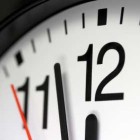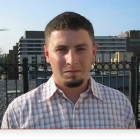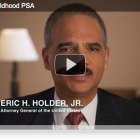
Grant Seeks Systematic Change In Juvenile Justice System
|
The Public Welfare Foundation offers a grant to support efforts to ensure fundamental rights and opportunities for people in need. The organization focuses on two programs, one of which is in criminal and juvenile justice. The goal of this grant is to help change the justice system. The foundation seeks groups who have strategies to lower rates of incarceration and prison populations by changing specific laws, policies or regulations. This due date for this grant is July 22, 2011.








